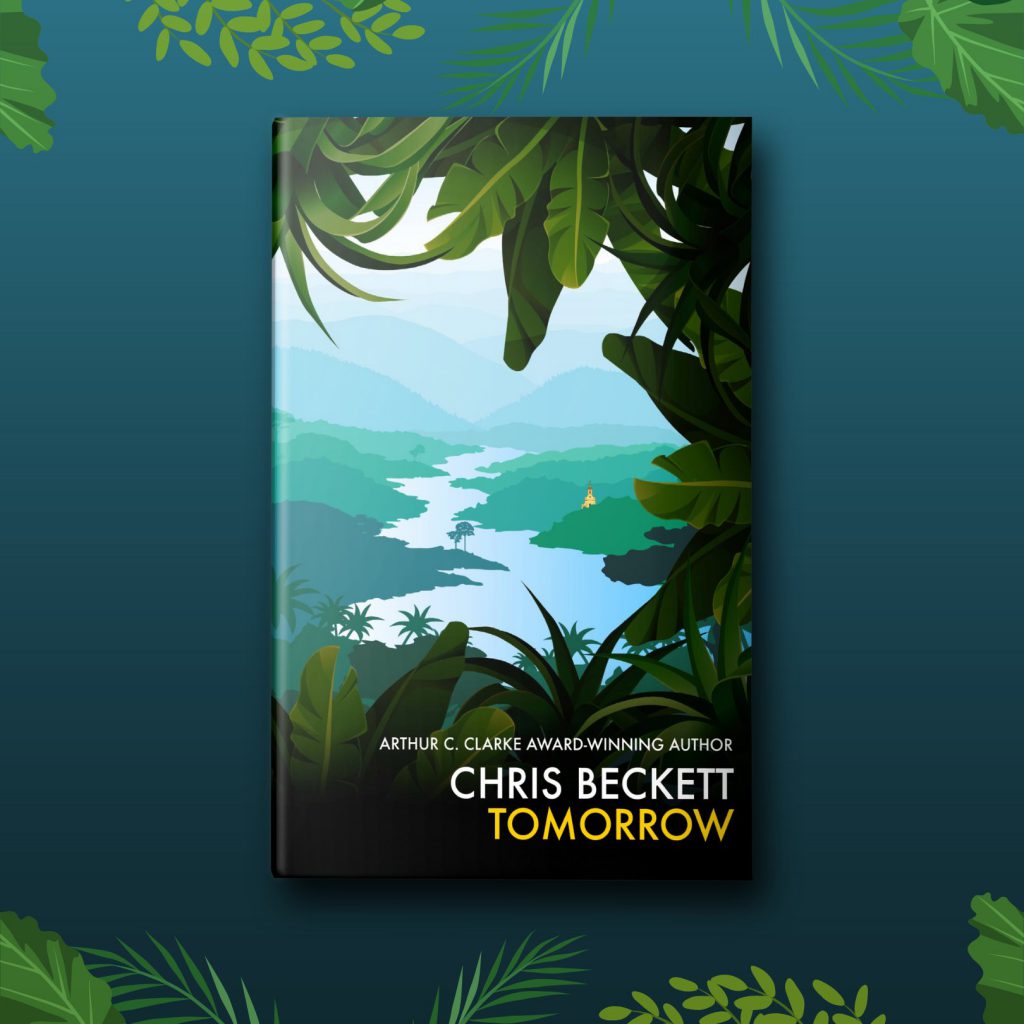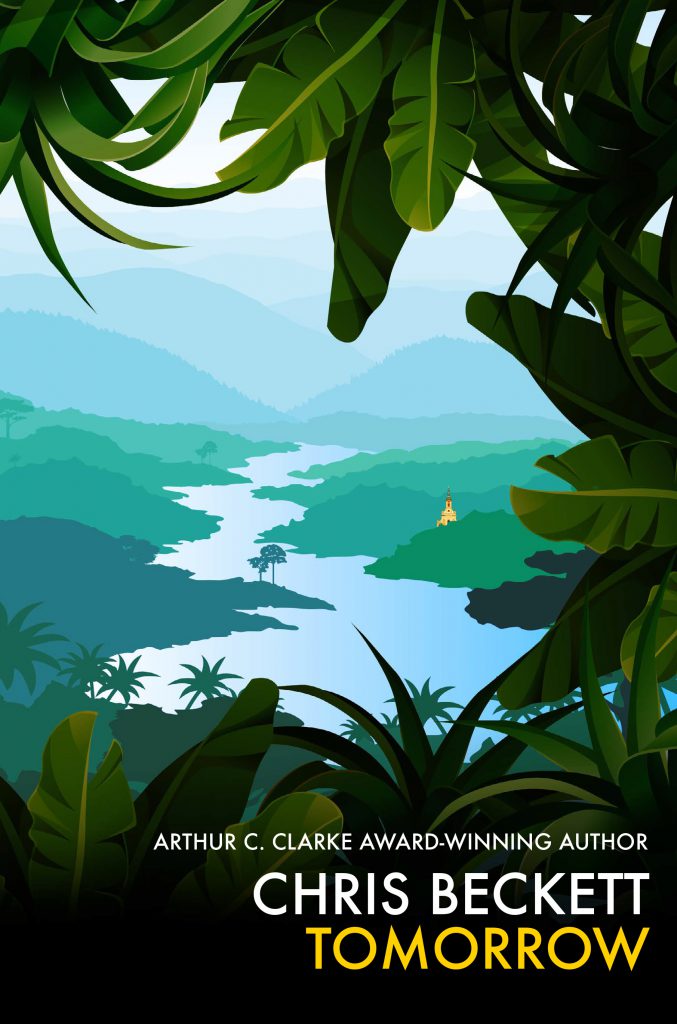I have no problem with the statue of Edward Colston being rolled into Bristol harbour, or with the removal of statues of Cecil Rhodes, who did so much to extend and cement white supremacy in Southern Africa. But I’m curious as to why so much more heat seems to be generated by colonialism and slavery in the past than by colonialism and slavery that is still going on in the present.
There are creditable reports that a million members of the Uighur minority in China are being held in concentration camps. (If the figure is accurate that would amount to about 8% of the entire Uighur population of China). A leaked Chinese government memo gives orders that the camps should:
- “Never allow escapes”
- “Increase discipline and punishment of behavioural violations”
- “Promote repentance and confession”
- “Make remedial Mandarin studies the top priority”
- “Encourage students to truly transform”
- “[Ensure] full video surveillance coverage of dormitories and classrooms free of blind spots”
There are also reports of enforced pregnancy tests, interuterine devices, and sterilisation of Uighur women, with the aim of reducing the Uighur population, and the threat of being detained in internment camps for non-compliance. Up to half a million children may have been removed from their parents and placed in state boarding schools. There are persistent allegations that Uighurs and other minorities being used as a source of organs for transplant, extracted by force, and sometimes resulting in the donor’s death. The BBC has published reports of systematic rape taking place in the camps, as well as torture.
And there are reports too of forced Uighur labour being used in factories that export goods to the west and that famous brands such as Apple, Nike and Adidas are using suppliers which are implicated in this form of slavery.
The slavery in the Americas and the Caribbean that ended in the nineteenth century was sustained not just by slave-traders and plantation owners, but also by the consumers who continued to buy products such as sugar and cotton that were harvested by enslaved people. We wonder now how people could have sweetened their coffee with sugar they knew to be harvested by slaves, or put on beautiful clothes made from cotton that slaves had picked under the lash, but it looks like we are doing essentially the same thing now. I daresay even some of those who pulled down the statue of Edward Colston owned an Apple phone (as I do myself) or were wearing Nike or Adidas shoes.
Easier perhaps for us to be outraged about injustices in which we were not personally implicated than to recognise our complicity in oppression that is happening now.


